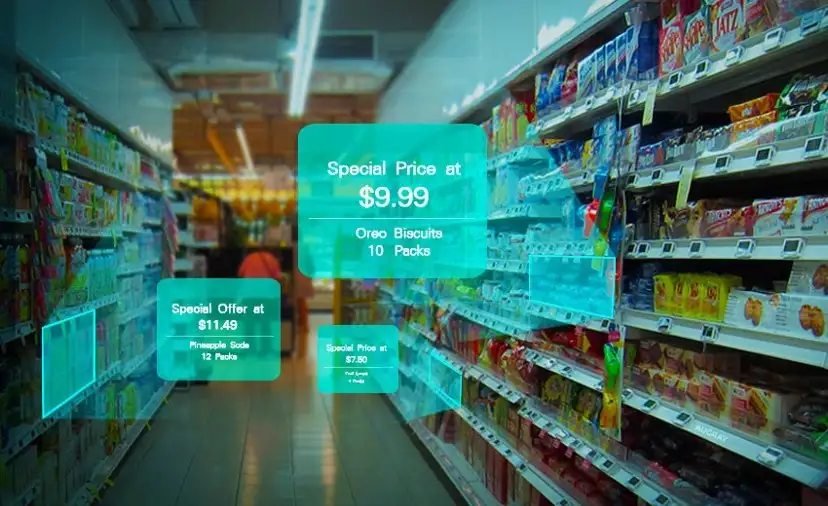Tuvalu is shifting online, because their physical country is predicted to sink beneath the waves of climate change.
“…ensures that the government can continue to function, coordinate itself and the people, manage our resources, our tuna industry, and our domain name”
https://www.abc.net.au/news/2023-04-27/tuvalus-plan-to-create-digital-twin-metaverse-climate-change/102223008
Because the income from tuna and the .tv domain name will continue, regardless, they need a way of giving some income to their citizens. In other words, without the land they become less of a country and more of a business.
Tuvalu will become a business, but retain many aspects of being a country, like having citizens.
So I am thinking that businesses can be set up to imitate a “country that becomes a business”.
That means that the business is owned by people, but every owner has an equal share.
That means being democratic.
That means ownership requires no effort or input from the owners.
So, how to decide ownership? It won’t be the workers who own it, any more than the tuna fishermen of Tuvalu own their country.
The Tuvalu people belong together by existing physically on the same islands. That is their commonality.
For a business, the closest to that is the fans and supporters of the business – their customers. Customers contribute to the well-being of a business, and they care about the success of the business. Customers can be big or small, but how much they spend doesn’t necessarily reflect how much they like it, so a one-vote-per-customer model sounds good, just like a country.
However, because it is so cheap and easy to become a citizen-customer of a retail brand, profits cannot be distributed equally amongst customers – otherwise people will just buy products to get the (ongoing) profits. It will only work for a non-profit, where being a citizen has non-monetary rewards and/or engagement.


